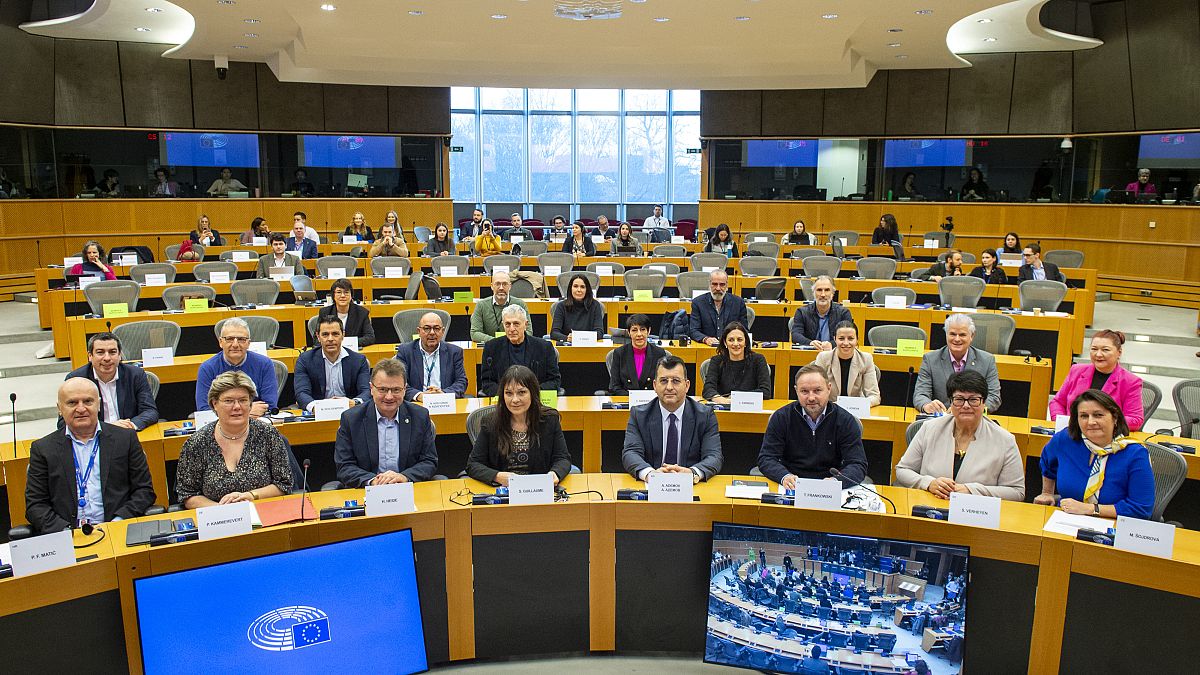The battle for the chairmanship of the European Parliament’s Committee on Culture and Education is heating up, with the far-right Patriots for Europe seeking to lead the body. This move could have significant implications for EU cultural policies, as the committee oversees files related to education policy, media and audiovisual policies, cultural funding programs, and citizens’ outreach activities. The role of the chair is crucial, as they have administrative prerogatives and represent the committee to other European institutions. Pro-European forces hold a majority in the committee, but the small size of the committee and potential member abstentions could impact the outcome of the vote.
The European Parliament’s Committee on Culture and Education plays a vital role in shaping EU cultural policies. The chair of the committee has administrative prerogatives and represents the committee in various forums. The far-right Patriots for Europe are seeking to lead the committee, which could have significant implications for EU cultural policies. Pro-European forces hold a majority in the committee, but the small size of the committee and potential member abstentions could impact the outcome of the vote.
The chair of the Committee on Culture and Education oversees files related to education policy, media and audiovisual policies, cultural funding programs, and citizens’ outreach activities. These programs play a crucial role in building intercultural skills, fostering European identity, and promoting trust in the European Union. Allowing self-proclaimed Eurosceptics to lead the committee could undermine these programs and send the wrong message about the EU’s commitment to cultural diversity.
The biggest dossier of the previous legislature was the European Media Freedom Act, legislation designed to guarantee the transparency and independence of media in Europe. The implementation and monitoring of this legislation will be a key focus of the committee in the next mandate. Other files planned for discussion include the revision of the EU’s Audiovisual Media Services Directive, the Erasmus+ budget, the Lux Audience Awards, and reports on education and the identity of Europeans. These files are critical for shaping EU cultural policies and promoting cultural diversity.
While most candidates for chairmanship are likely to be accepted due to the broad centrist coalition in the Parliament, the Patriots for Europe face opposition from other parties. If their mission fails, the committee may revert to the Greens or another centrist party. However, the Parliament is no stranger to surprises, and a potential leadership change in the Committee on Culture and Education could have far-reaching implications for EU cultural policies. Despite the uncertainty, the committee remains a key player in shaping cultural policies at the EU level and promoting cultural diversity within the Union.











